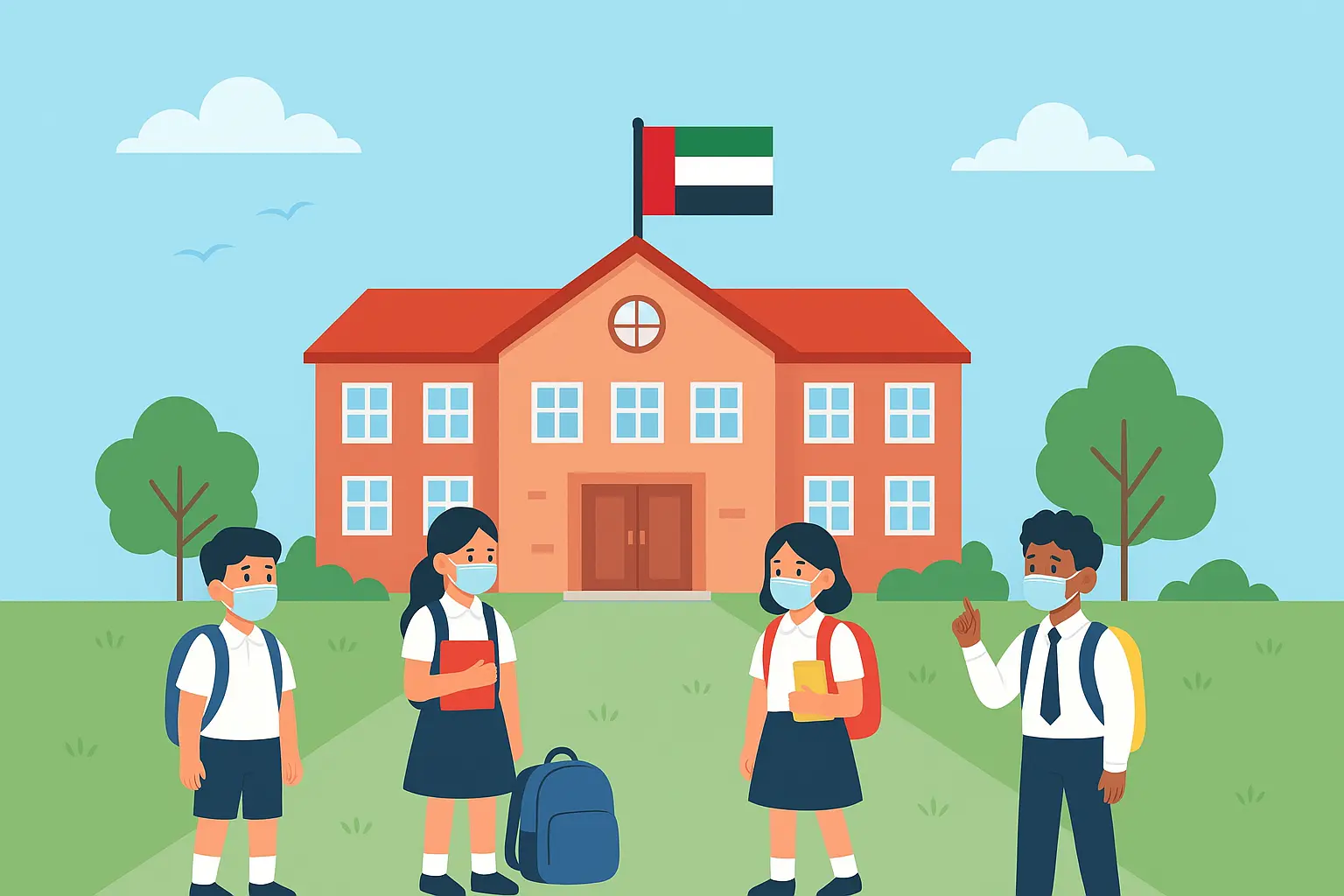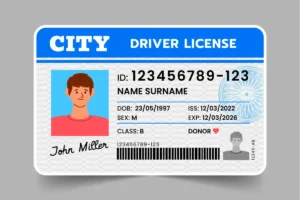August 27, 2025 | Abu Dhabi, UAE: As the new academic year begins, families across the UAE are adjusting to stricter regulations set by schools. The introduction of the UAE new schools rules is part of a wider effort to ease congestion, reduce risks, and make classrooms more focused on learning. With thousands of students returning after the summer break, school leaders say the focus this year is on safety, discipline, and smoother daily routines.
Public and private schools have now issued circulars outlining 12 important rules, eight for students and four for parents and drivers. Schools warned that breaking these rules could result in penalties or even referral to authorities.
UAE New Schools Rules for Students
The UAE new schools rules focus on keeping classrooms safe, respectful, and distraction-free. Here are the eight key rules:

- No skipping classes – Students must not miss school without a valid reason. Regular attendance ensures better learning and accountability.
- No smoking or banned substances – Carrying or using cigarettes, vapes, or illegal substances is strictly forbidden to protect health.
- No fighting or abuse – Physical fights or verbal insults against teachers or classmates will not be tolerated. Respect is a must.
- No damaging property – Breaking desks, scribbling on walls, or damaging books and equipment is banned. Students must respect school property.
- No fake documents – Forging medical notes, IDs, or other official papers is prohibited and will lead to action.
- No stealing – Taking belongings that are not yours, whether from the school or fellow students, is considered a serious offence.
- Follow uniform rules – Students must wear the school uniform properly and follow appearance standards set by their schools.
- No mobile phones in school – Phones and other devices are banned inside classrooms to avoid distractions and misuse.
UAE New Schools Rules for Parents and Drivers
The UAE new schools rules also place clear responsibilities on parents and drivers, especially during school drop-off and pick-up times. These four rules are meant to keep children safe and traffic organised:

- Don’t stop in the middle of the road – Cars blocking lanes cause traffic jams and put children at risk.
- Don’t drop kids in unsafe spots – Parents must use official school drop-off zones, not random places on the road.
- Don’t block emergency or reserved parking – Spaces for ambulances and people of determination must always be kept clear.
- Follow traffic and bus rules – Parents must drive in the correct direction and always stop when a school bus extends its “Stop” sign. Violations are recorded automatically and carry fines.
Why the Rules Were Introduced
Schools said the UAE new schools rules were created to fix problems seen in past years. These included:
- Congestion during school runs.
- Unsafe driving near gates.
- Students skipping classes.
- Mobile phone distractions in classrooms.
By clearly listing what is not allowed, schools hope parents and children will adjust quickly and benefit from a safer and more disciplined environment.
Parents and Teachers React
Many parents welcomed the UAE new schools rules, saying they give peace of mind during busy school hours. Teachers also agreed that banning phones will help students focus and improve discipline.

Some parents admitted the new steps, such as only one guardian entering courtyards, may feel strict. But most agreed that with thousands of children at each school, these measures are necessary for safety and order.
The UAE new schools rules mark the start of a stricter but safer academic year. By following all 12 rules, eight for students and four for parents, families can help create better classrooms and safer roads.
For parents, it means smoother school runs. For teachers, it means more discipline. And for children, the UAE new schools rules ensure a secure space to learn, grow, and succeed.
Also Read: Abu Dhabi Unlimited Bus Travel Pass: Weekly & Monthly Access from Dh35














